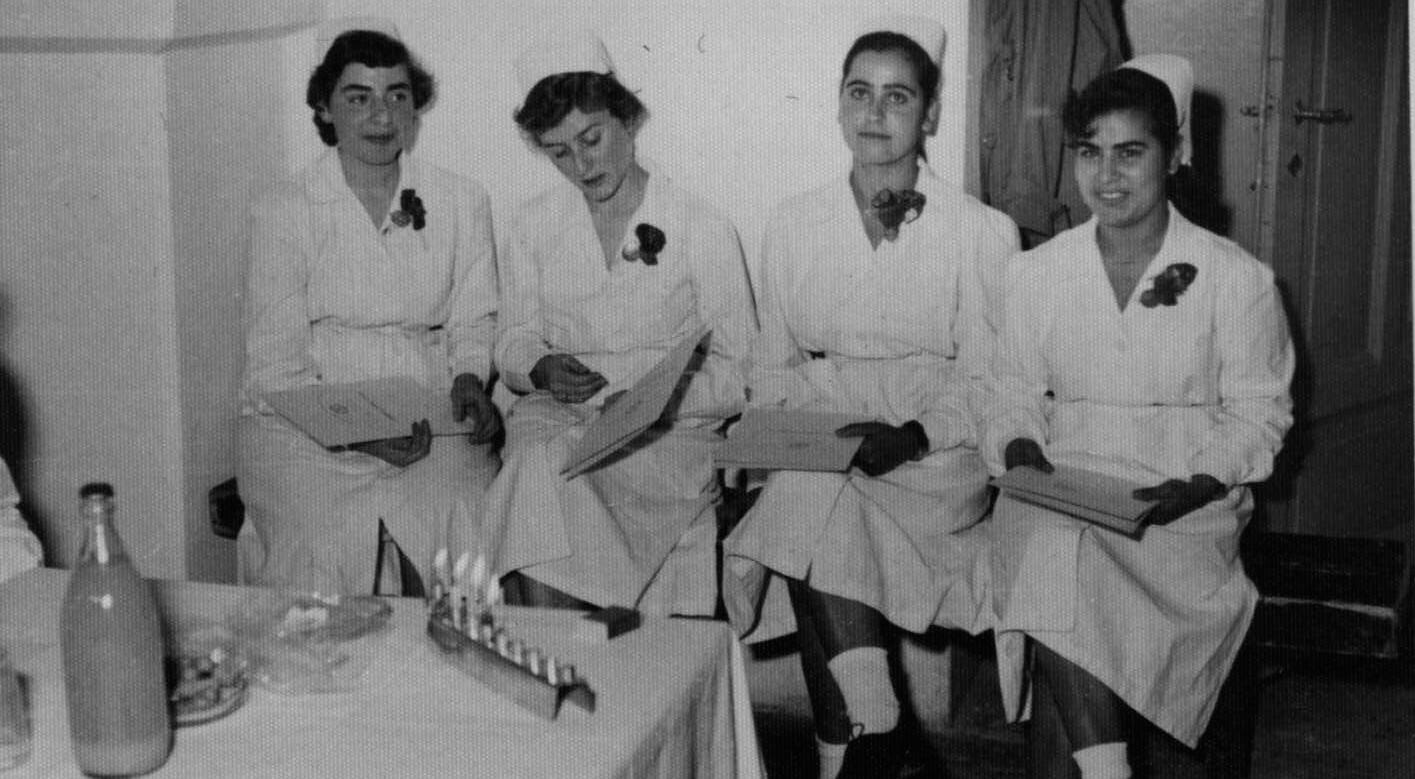DudleySmith
Diamond Member
- Dec 21, 2020
- 21,685
- 15,471
He said to observe the old Mosiac laws but I'm thinking in that day, only the middle and upper class could afford candles. Everyone else was stuck with oil lamps.
When did Jews start lighting candles on Hanukkah? | Under the Fig Tree Bible Study Tours
Haanukak wasn't old Mosiac anything, it was a 2nd Century B.C. revolt. The Babylonians did away with the old Mosaic laws and wrote up new ones, which of course why Jesus was an advocate for a return to the Torah.

